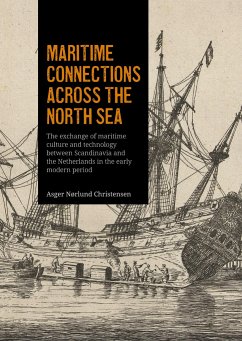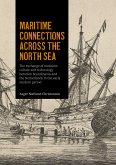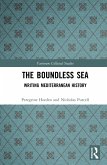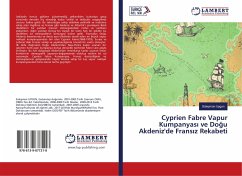Why are so many nautical words in Danish the same as in Dutch? Who taught the shipwrights in the Royal Danish Shipyard in Copenhagen to build carvel planked ships? How did the first Danish ships find their way to the riches of the East Indies? These questions and many more are meet in this Ph.D. dissertation, which circles around the maritime relationships between especially the seaward provinces of the Netherlands and the Scandinavian countries. In the early renaissance Dutch maritime technology was imported by the Danish king, who recruited craftsmen and bough ships in the Netherlands and later on the Royal Danish Navy was profoundly influenced by Dutch master shipbuilders and naval officers. But it was not only maritime experts and mariners who travelled to the North, but also ordinary Scandinavian sailors, who migrated the other way and took a part in Dutch shipping to all parts of the world. This labour migration has been known amongst Dutch scholars for some time, but is almost unknown in Scandinavian historical circles.For the first time data from the Amsterdam City archive has made it possible to get closer to the individual sailors, who hailed from the coastal districts of Norway, the Southwest coast of Denmark and for a lesser part the West coast of Sweden and their participation in the Dutch shipping industry has been analysed showing, that they learned important maritime skills onboard. Coming back to Scandinavia these sailors were the backbone of the navies and merchant fleets of the Scandinavian countries especially in the eighteenth century.This study of maritime labour migration will be of interest for scholars of maritime-, migration and technology history but also for anyone, who likes to read about the life's and work of ordinary sailors in the 17th and 18th centuries.ContentsPreface1 Introduction2. Historical Background3. Dutch experts in Denmark-Norway and the Duchies4. Import of Dutch maritime technology and practice5. Scandinavian seamen on Dutch ships in the 17th and 18th centuries6. The networks of Scandinavian sailors aboard and ashore7. Conclusion
Hinweis: Dieser Artikel kann nur an eine deutsche Lieferadresse ausgeliefert werden.
Hinweis: Dieser Artikel kann nur an eine deutsche Lieferadresse ausgeliefert werden.








